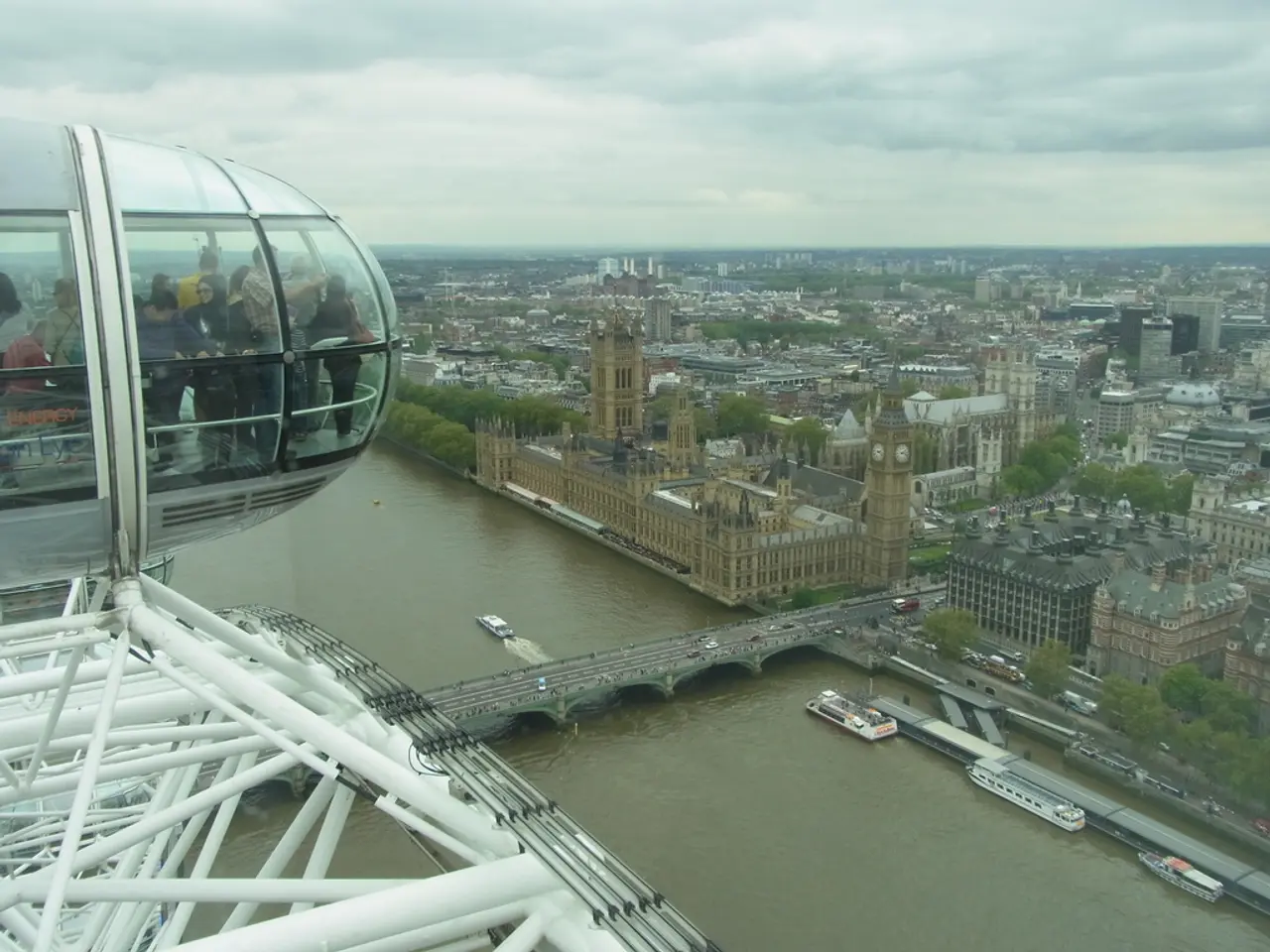Union Fractured: Examining Scotland's Future and Starmer's Next Steps
In the political landscape of the United Kingdom, Keir Starmer's Labour government is forging a path that reflects a pragmatic and moderate approach, focusing on governance within the UK framework. However, the government's policies have been met with criticism and controversy, particularly in the areas of welfare, economic strategy, and foreign policy.
One of the key policy areas for Starmer is healthcare, with a pledge to drastically reduce NHS waiting times. The government aims to ensure that no more than 8% of patients wait longer than 18 weeks for treatment by the next election. Yet, progress so far has been slow, requiring significant focus and resources.
Crime and policing are another priority, with a promise to halve serious violent crime within ten years by recruiting 13,000 additional police officers and community support officers. This emphasis on law and order is a clear indication of the government's tough stance on crime.
However, the government's welfare and social support policies have been met with criticism. Controversial policy reversals, such as cuts to the winter fuel allowance and welfare reforms, have raised concerns about increased borrowing or taxation to cover the costs. These moves have also drawn criticism for breaking Labour’s traditional social safety net stance and for political incoherence.
In terms of economic and industrial policy, Starmer's government mirrors longstanding Conservative economic models, focusing on deregulation, attracting foreign investment, and promoting innovation and entrepreneurship. Critics argue that this reflects Thatcherite or Blairite economic orthodoxy rather than transformative Labour values.
In the realm of defence and foreign policy, the government prioritizes defence spending to meet NATO targets, sometimes at the expense of foreign aid. The administration has shown a cautious, perhaps centre-right approach internationally, including accommodating Brexit realities, emphasizing UK sovereignty, and maintaining strong ties with allies like Israel, even amid geopolitical controversies.
Starmer's political style and philosophy have also been a subject of debate, with some observers noting a lack of direction and a series of policy U-turns that have undermined coherence and voter trust.
In contrast, Scotland's political landscape is dominated by the Scottish National Party (SNP), which has a distinct left-of-centre, social-democratic orientation with a strong focus on social justice, public services, and Scottish independence. Key differences between the two include nationalism, economic policy, social welfare, healthcare, law and order, foreign policy, and priorities among younger voters.
In the upcoming Holyrood election, the SNP is expected to come first, though the nature of the potential minority government is unclear. The Scottish Government, under John Swinney, has been relatively quiet about independence. However, Keir Starmer's attention may eventually swing to Scotland, but for now, the UK government is likely to focus on England.
Sources: [1] BBC News, "Keir Starmer: Labour's new leader sets out his vision for the party", 4 April 2020,
- Migration policies remain ambiguous in Keir Starmer's Labour government, leading to questions about their stance on asylum seekers and border control.
- Despite the focus on law and order, war-and-conflicts and crime-and-justice issues remain prevalent, with rising numbers of car-accidents and fires causing public concern.
- In the midst of political debates, general-news coverage often features discussions about the government's welfare reforms, economic strategies, and foreign policy decisions.
- Football (sports) has not escaped the political sphere, with the premier-league and European leagues becoming involved in debates about corporate governance and player transfers.
- The ongoing controversy surrounding several high-profile crime cases and the rise in crime rates has led to increasing pressure on the government to address crime issues more effectively.
- The government's pragmatic approach to policy has resulted in changes in previously established policy, stirring debates about coherence and strategic vision, both domestically and in the European context.







